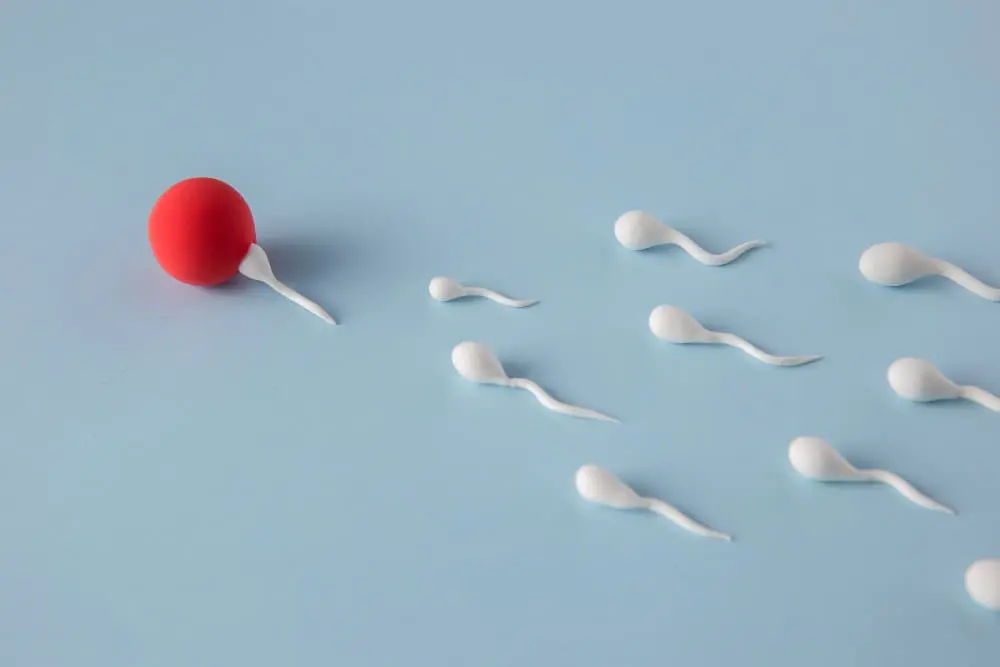Donor Egg IVF: Process and Considerations
Donor Egg IVF, or in vitro fertilization using donor eggs, is a fertility treatment option for individuals or couples facing challenges with egg quality or availability. This procedure involves using eggs from a donor, fertilizing them with sperm in a laboratory setting, and transferring resulting embryos into the uterus of the intended mother or a gestational carrier. It offers hope to those struggling with infertility issues that cannot be addressed through conventional IVF treatments.
Understanding the Donor Egg IVF Process
Initial Consultation and Assessment
The journey begins with an initial consultation with a fertility specialist. Both partners (if a couple) undergo thorough medical assessments to determine the most suitable treatment plan. For women considering donor egg IVF, the specialist evaluates their reproductive health and discusses expectations, risks, and success rates.
Donor Selection
Choosing an egg donor is a crucial step. Fertility clinics often maintain databases of pre-screened donors, including their medical histories, genetic backgrounds, and personal characteristics. Patients may have preferences regarding donor attributes such as physical appearance, education, or ethnicity. Once a donor is selected, legal agreements outlining rights and responsibilities are typically drafted.
Synchronization of Cycles
To maximize success, the menstrual cycles of the donor and the recipient (or gestational carrier) are synchronized using medications. This coordination ensures that the recipient’s uterus is prepared to receive embryos at the optimal time.
Egg Retrieval and Fertilization
The donor undergoes ovarian stimulation with hormones to produce multiple eggs, monitored closely via ultrasound and blood tests. Once mature, eggs are retrieved under sedation using a minimally invasive procedure. Simultaneously, sperm from the male partner or a donor is collected and prepared for fertilization. In the laboratory, eggs and sperm are combined, and fertilization is monitored. The resulting embryos are cultured for a few days before the transfer.
Embryo Transfer
Embryo transfer involves placing one or more viable embryos into the recipient’s uterus through a thin catheter. This procedure is usually painless and does not require anesthesia. Extra embryos, if any, can be cryopreserved for future use. After transfer, patients may undergo a waiting period before a pregnancy test determines the outcome.
Pregnancy Monitoring
If successful, pregnancy monitoring begins with regular visits to monitor hormone levels and fetal development via ultrasound. Early pregnancy care is crucial to ensure the health of both mother and baby.
Considerations and Challenges
Emotional and Ethical Considerations: Donor egg IVF involves complex emotional and ethical considerations for all parties involved—the recipients, donors, and potential offspring. Open communication and counseling are essential to address these concerns.
Success Rates and Expectations: Success rates for donor egg IVF are generally higher compared to conventional IVF, particularly for older women or those with diminished ovarian reserve. However, individual outcomes may vary based on factors like age and overall health.
Costs and Financial Planning: Donor egg IVF can be costly, as it involves expenses related to donor compensation, medications, procedures, and legal fees. Financial planning and understanding insurance coverage are crucial considerations for prospective parents.
Legal and Regulatory Aspects: Legal frameworks surrounding donor egg IVF vary by country and may include regulations on donor anonymity, parental rights, and financial transactions. It’s important for recipients to be aware of and comply with these regulations.
Conclusion
Donor egg IVF offers hope and a viable solution for individuals and couples struggling with infertility due to poor egg quality or other factors. With advancements in reproductive technology and careful planning, many have achieved successful pregnancies and expanded their families through this method. Understanding the process, considerations, and emotional aspects involved is essential for making informed decisions and embarking on the journey towards parenthood. Donor egg IVF represents a significant advancement in assisted reproductive technology, providing a pathway to parenthood for those facing complex fertility challenges.










